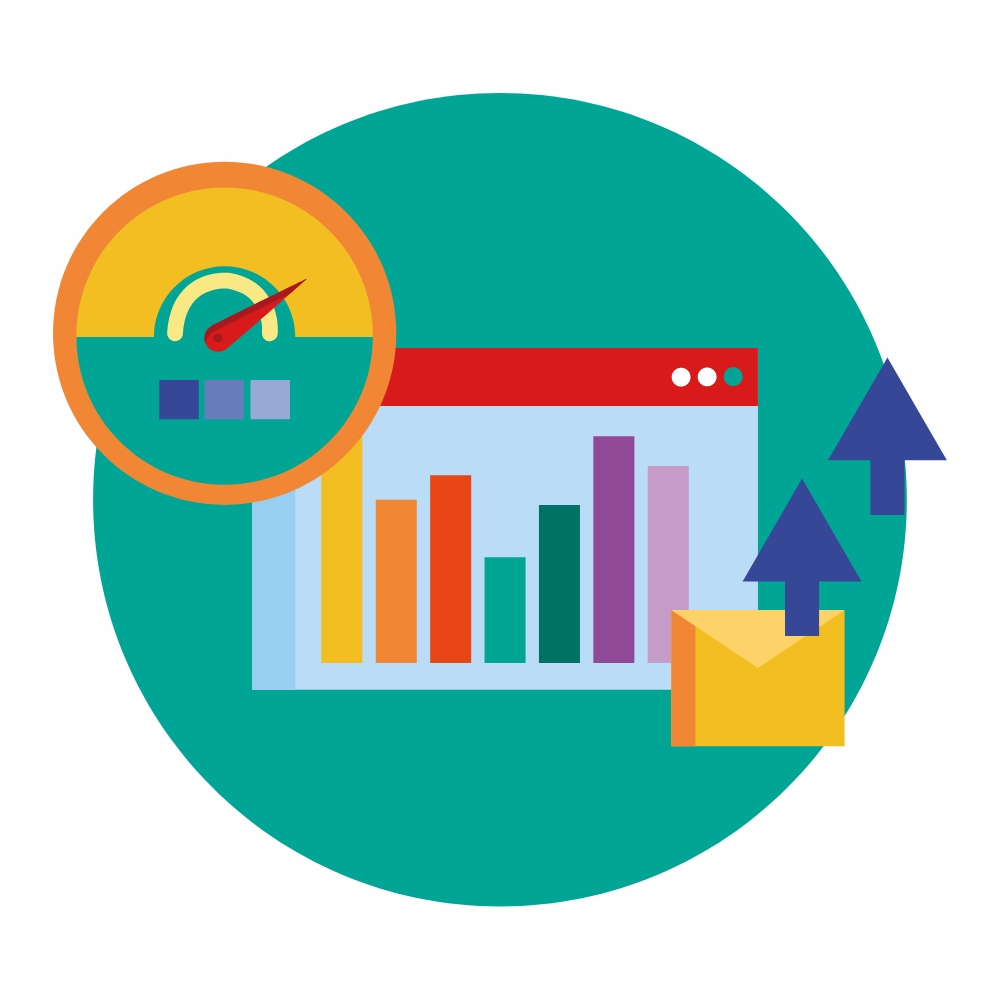General

Data Literacy
Authors Miguel Ángel Marzal García Quismondo, Sara Martínez Cardama and Pablo Parra Valero
Institution University Carlos III de Madrid
Target group: Educators & Librarians
Contact: educability@uc3m.es
 |
Data LiteracyAuthors Miguel Ángel Marzal García Quismondo, Sara Martínez Cardama and Pablo Parra Valero Institution University Carlos III de Madrid Target group: Educators & Librarians Contact: educability@uc3m.es |
Data is everywhere, and it is displayed in multiple formats and ways. Knowing to use the available data for informed decision-making is crucial in nowadays society. So, Data Literacy is a critical skill in today's world. It enables users to access, interpret, evaluate and use data in every context.
Some of the most common definitions of Data Literacy go in the same vein:
Mandinach y Gummer, 2013: Data literacy is understanding and using data effectively to inform decisions. It is composed of a specific skill set and knowledge base that enable educators to transform data into information and ultimately into actionable knowledge.
Calzada-Prado and Marzal (2013) define data literacy as "[…] the component of information literacy that enables individuals to access, interpret, critically assess, manage, handle and ethically use data."
Bhargava et al., 2015, add to the definition of a social component as "the desire and ability to constructively engage in society through and about data."
Data Literacy's new competencies should cover not only those of a technical nature but also aspects such as ethics, the reuse, and interpretation of data, and personal data management. Likewise, it is common to find transversal competences that emerge when dealing with data, such as creativity, collaboration, and communication in competency programs (Pratama et al., 2020)
The definition of Data Literacy is amplified with the inclusion of the critical perspective. The critical use of data acquires a new dimension, closely related to the new demands of the common framework of DigComp 2.1 Digital Competences (Poce, 2019). In this sense, "critically oriented responses to datafication tend to be broader in scope and seek to deconstruct the ideology that underpins datafication. There is thus, a combination of technical, critical and reflective capabilities" (Pangrazio, Sefton-Green, 2020).
Considering this, the approach to this literacy should be interdisciplinary and holistic. This course aims to provide our users with a collection of data literacy resources and activities to help them become data literate and bridge the gap in the necessary expertise of Library and educator professionals in these contexts.
The course contains the following five modules:
The course tries to orient data literacy from its classical conceptual dimension toward new paradigms related to the promotion of critical thinking and its social perspective. The proposed activities favor active learning and self-evaluation (drag-drop questions, quizzes). However, complementary activities have been incorporated for their possible development in other learning environments. A particular focus has been placed on the relationship with other concomitant multiliteracies.
References
Bhargava, R., Deahl, E., Letouzé, E., Noonan, A., Sangokoya, D., & Shoup, N. (2015). Beyond data literacy: Reinventing community engagement and empowerment in the age of data. Data-Pop Alliance White Paper Series. http://datapopalliance.org/wp-content/uploads/2015/11/Beyond-Data-Literacy-2015.pdf
Calzada-Prado, J. & Marzal, M. Á. (2013). Incorporating data literacy into information literacy programs: Core competencies and contents. Libri, 63(2), 123-134.
Mandinach, E. B., & Gummer, E. S. (2012). Navigating the Landscape of Data Literacy: It IS Complex. WestEd. https://www.wested.org/resources/navigating-the-landscape-of-data-literacy-it-is-complex/
Pangrazio, L, & Sefton-Green, J (2020). The social utility of 'data literacy'. Learning, Media and Technology, 45 (2) https://doi.org/10.1080/17439884.2020.1707223
Poce, A (2019). Information and data literacy skills development in Creative Industries Adult Education: the Digiculture project. PEDAGOGIA OGGI,, https://80.211.104.80/index.php/siped/article/view/3659
Pratama, M. A., Lestari, D. P., Sari, W. K., Putri, T. S. Y., & Adiatmah, V. A. K. (2020). Data literacy assessment instrument for preparing 21 Cs literacy: preliminary study. In Journal of Physics: Conference Series (Vol. 1440, No. 1, p. 012085). IOP Publishing.